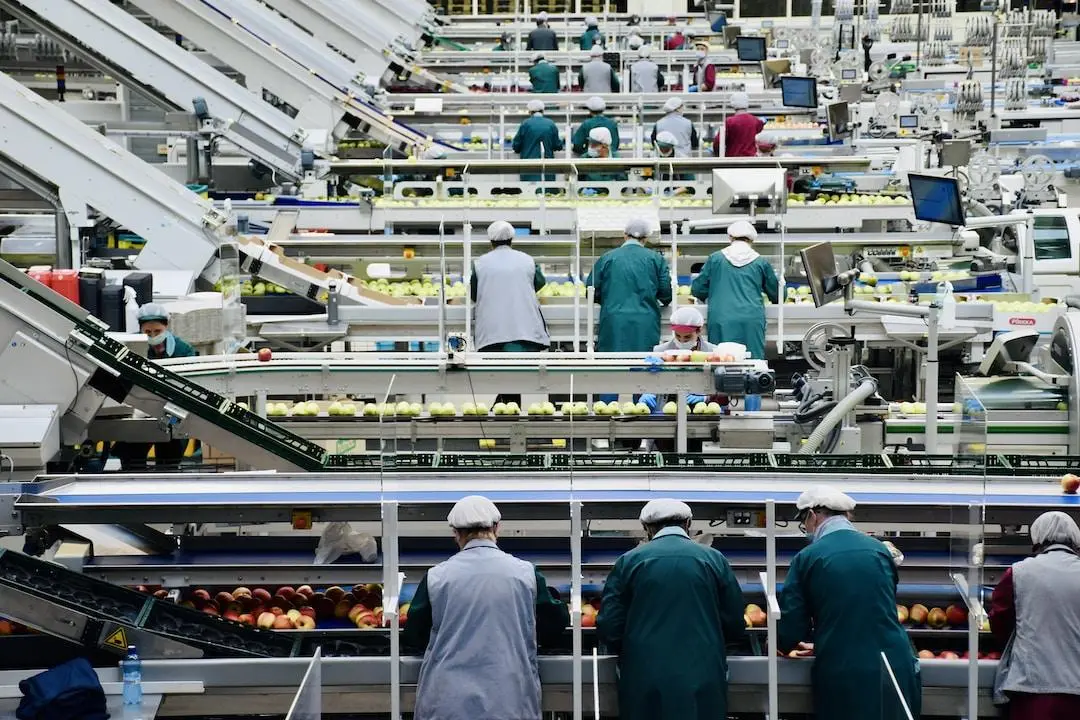How Reciprocating Compressors Benefit the Food Industry

Reciprocating compressors play a crucial role in various industries, providing compressed air or gas for different applications. Their efficiency and versatility have made them vital for sectors such as food manufacturing, refrigeration, and more. In this article, we'll explore the technology behind reciprocating compressors and discuss their advantages. Keep reading to gain an in-depth understanding of this essential piece of equipment.
The Working Principles of Reciprocating Compressors
Reciprocating compressors belong to the positive displacement compressor family, meaning they draw in a specific volume of gas or air and then compress it in a confined space. The core component of a reciprocating compressor is a piston, which moves within a cylinder to create a vacuum that sucks in air or gas. As the piston moves back up, the confined space decreases, resulting in increased pressure and the release of the compressed gas through a valve. This mechanism repeats itself continuously to supply compressed air or gas whenever it's needed.
The design of a reciprocating compressor consists of several key components: a crankshaft, connecting rod, piston, cylinder, and valve system. The crankshaft is responsible for converting the rotary motion of an electric motor or engine into the reciprocating motion of the piston. The connecting rod links the piston to the crankshaft, while the cylinder houses the piston and seals it to prevent gas leakage. The valve system controls the intake of gas or air and its release after compression.
There are two types of reciprocating compressors: single-acting and double-acting. In a single-acting compressor, only one side of the piston is used for compression. This means during each revolution of the crankshaft, the piston completes one compression cycle. In a double-acting compressor, both sides of the piston are used for compression, allowing for two compression cycles per revolution. Double-acting compressors are considered to be more efficient as they produce more compressed gas with each rotation of the crankshaft.
Advantages of Reciprocating Compressor Technology
Reciprocating compressors offer numerous benefits that make them a popular choice in various industries. One significant advantage is their adaptability, as their design allows them to handle a wide range of pressures and gas volumes. This makes them suitable for applications ranging from small-scale pneumatics to large-scale industrial gas compression. Reciprocating compressors are also known for their high efficiency, which results from their ability to draw in, compress, and discharge gas or air through a single continuous process.
Maintenance and reliability are other factors that contribute to the popularity of reciprocating compressors. Their straightforward design consists of fewer moving parts than other compressor types, which can result in lower maintenance costs and improved longevity. The availability of spare parts and industry expertise also makes it relatively easy to maintain and repair these compressors in case any issues arise.
Key Factors To Consider When Selecting a Reciprocating Compressor

When choosing a reciprocating compressor for your specific application, there are several factors to keep in mind. One of the primary considerations is the required pressure and volume of gas or air to be compressed. Knowing these parameters will help you determine the right size and type of compressor for your needs. You should also consider the efficiency and cost-effectiveness of the compressor, as well as its ease of maintenance and operating costs.
The compressor's intended application and environment are crucial factors to consider as well. Assess whether the compressor will be exposed to extreme temperatures or harsh conditions, as these can impact its performance and lifespan. Furthermore, ensure the selected compressor is compatible with the type of gas or air it will handle, as well as any specific industry requirements or certifications.
Finally, consider the availability of local support, spare parts, and expertise for the chosen compressor. These factors can influence the long-term performance, maintenance costs, and overall success of your investment in a reciprocating compressor.
Reciprocating compressor technology offers numerous benefits that make it a popular choice across various industries. Their adaptability, efficiency, reliability, and wide range of applications have made them indispensable in sectors such as oil and gas, petrochemicals, and refrigeration. By understanding their working principles, advantages, and key components, you can make an informed decision when selecting the ideal reciprocating compressor for your requirements.





